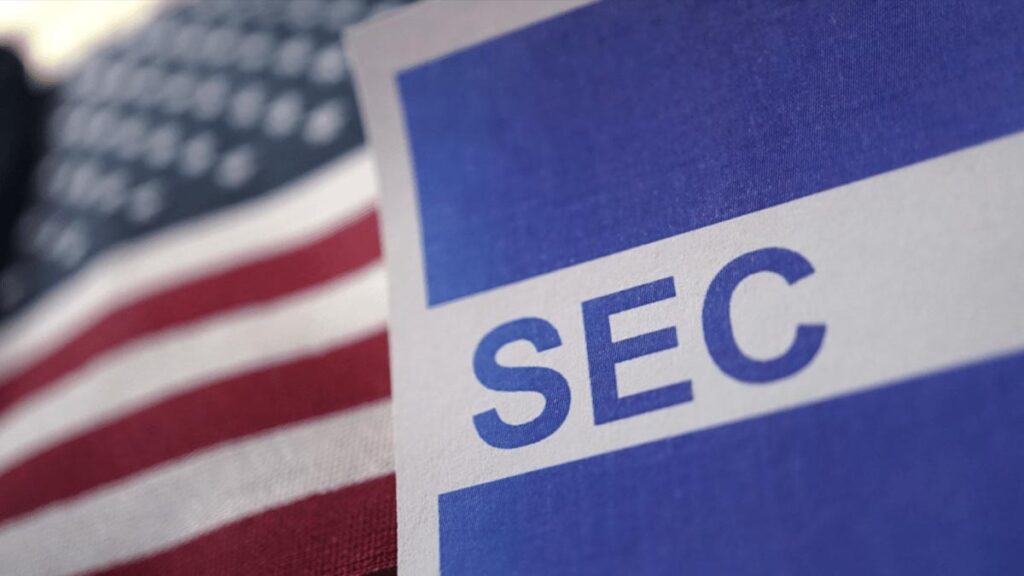TL;DR
- The SEC issued a Wells Notice to Robinhood Crypto, indicating possible enforcement action.
- The investigation focuses on Robinhood’s crypto operations, including listings, custody, and platform operations.
- Potential action could involve measures such as injunctions, fines and activity limitations.
The recent action by the United States Securities and Exchange Commission (SEC) against Robinhood Crypto, LLC, marks another chapter in the complex relationship between regulators and innovative financial platforms.
The Wells Notice issued by the SEC suggests a preliminary determination of potential violations by Robinhood in its crypto operations, specifically in areas such as cryptocurrency listings, digital asset custody, and platform operations.
However, the SEC’s stance in this case raises questions about regulatory clarity in the United States crypto space.
Rather than providing clear and predictable guidance, the United States Securities and Exchange Commission appears to be imposing retrospective restrictions on companies that have attempted to operate ethically and transparently within an uncertain regulatory environment.
The lack of a clear definition of what constitutes a security or commodity in the digital asset space has created shaky ground for companies like Robinhood, which have tried to comply with existing regulations.
This situation not only affects the ability of companies to operate with confidence, but also inhibits innovation and competition in the United States crypto market.
EFFECT OF THE SEC BEYOND ROBINHOOD AND TRUST IN REGULATORS
In a context where the response of regulators is perceived more as a reaction to past situations than as an anticipation of future developments, it is likely that companies and investors will find themselves in a moment of reflection and adjustment of strategies and alliances within the current regulatory framework.
This wake-up call highlights the importance of having regulatory guidelines that are not only understandable and predictable, but also adaptive to the dynamics and evolution of the digital asset market.
This uncertain scenario poses significant challenges, but also opens opportunities for deeper dialogue between regulators, companies, and the broader crypto community.
Transparency and collaboration will be key to overcoming current regulatory barriers and building an environment that promotes trust, security, and sustainable growth in the cryptocurrency area in the United States and globally.
Regulators must take an approach that encourages responsible innovation and provides certainty to companies and investors, rather than imposing barriers and penalties without clear and transparent guidance.











